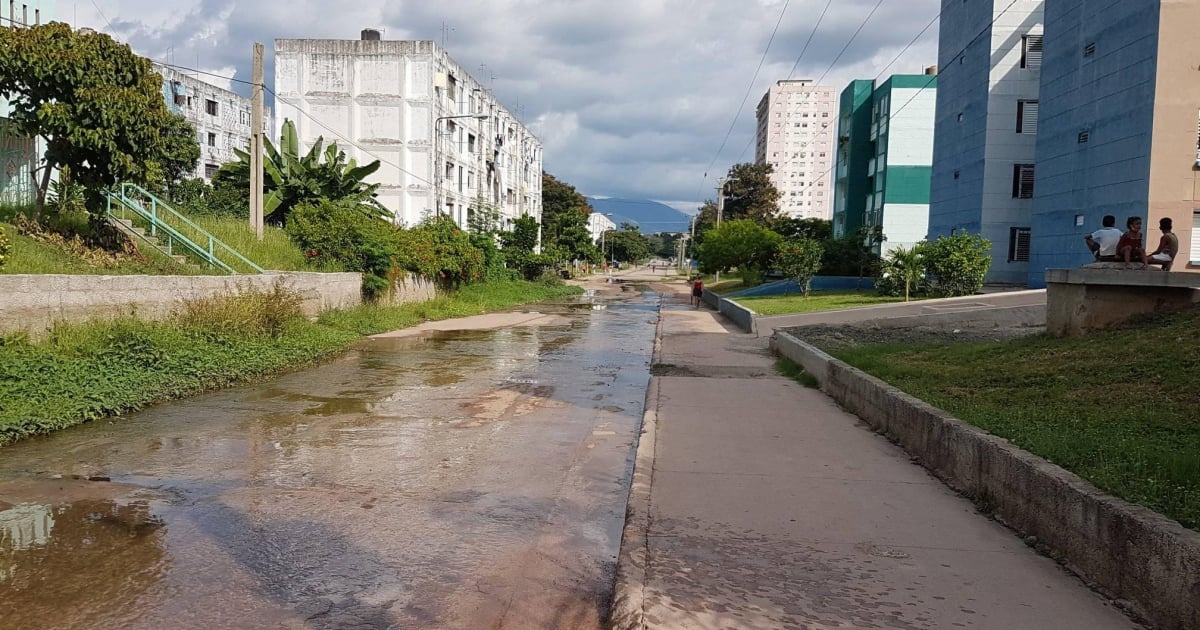An elderly man was found deceased this Monday at the entrance of building T-27, located in the Micro 8 neighborhood of José Martí District in Santiago de Cuba. Despite being notified, authorities delayed their response to remove the body. Witnesses claim the man had been dead for several hours before it was reported, and local authorities were slow to react, according to journalist Yosmany Mayeta on his Facebook profile.
"This gentleman died hours ago, from cold and hunger, and no one offered him assistance. According to neighbors, he was homeless," the journalist reported, quoting residents of the area. The incident has sparked outrage among community members, who criticize the authorities' delayed response and neglect of vulnerable individuals in the area.
Community Outrage Over Delayed Response
In a subsequent update, Mayeta highlighted the continued inaction, stating that nearly three hours after the initial report, authorities had yet to express interest in the case or remove the body. "Night falls, and the body of the elderly homeless man who died at the entrance of the multifamily building T-27 in the Micro 8 neighborhood of Santiago de Cuba remains unattended," he noted.
Social media platforms frequently feature complaints about the Cuban regime's sluggishness in retrieving deceased individuals, whether they pass away at home or in public spaces. In June, a solitary man in Santiago de Cuba died, and his body remained unattended in his residence for almost 24 hours before authorities intervened. Residents of Diego Velázquez Street voiced their frustration online, drawing attention to the negligence.
Repeated Incidents Highlight Systemic Issues
In 2023, residents of Marianao municipality reported a similar case where a man died on a street in the Havana locality, and officials failed to arrive to remove the body. Although official profiles attempted to dismiss the claims, saying "the police responded promptly," locals confirmed that the body lay on the sidewalk from six in the morning. Neighbors took it upon themselves to cover it with a sheet to shield schoolchildren from the distressing sight.
